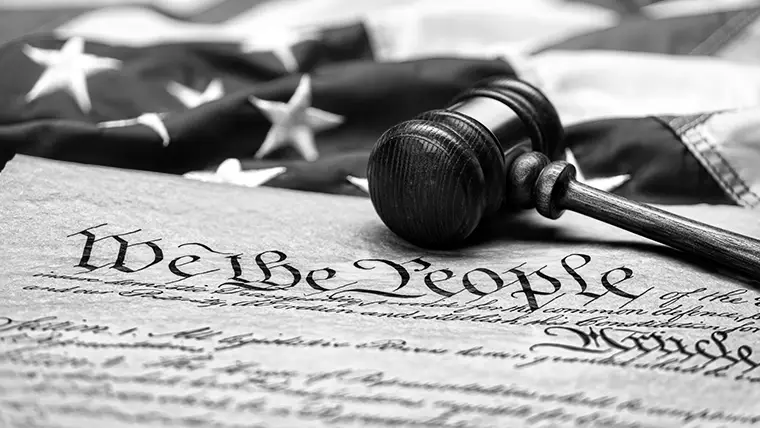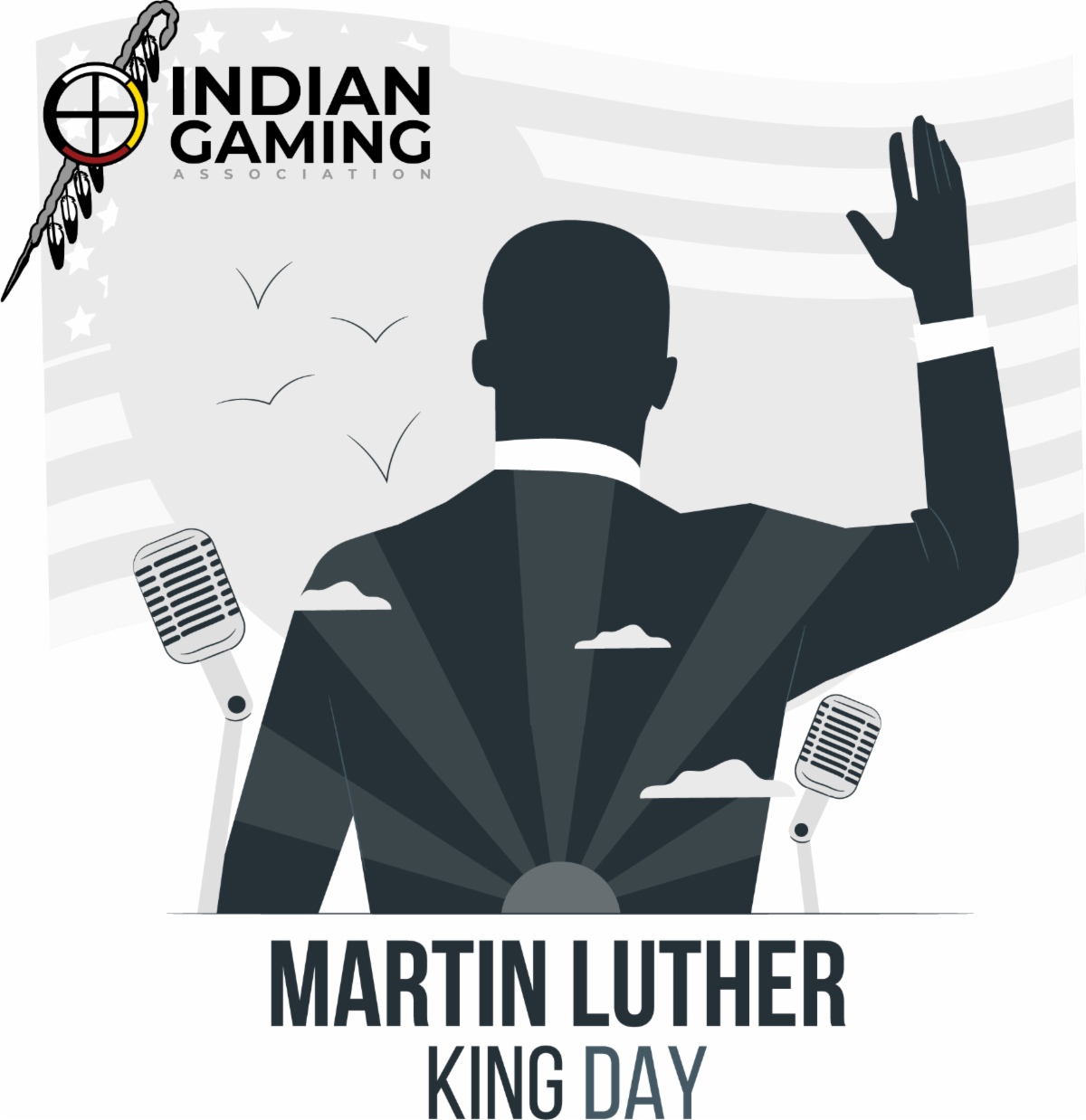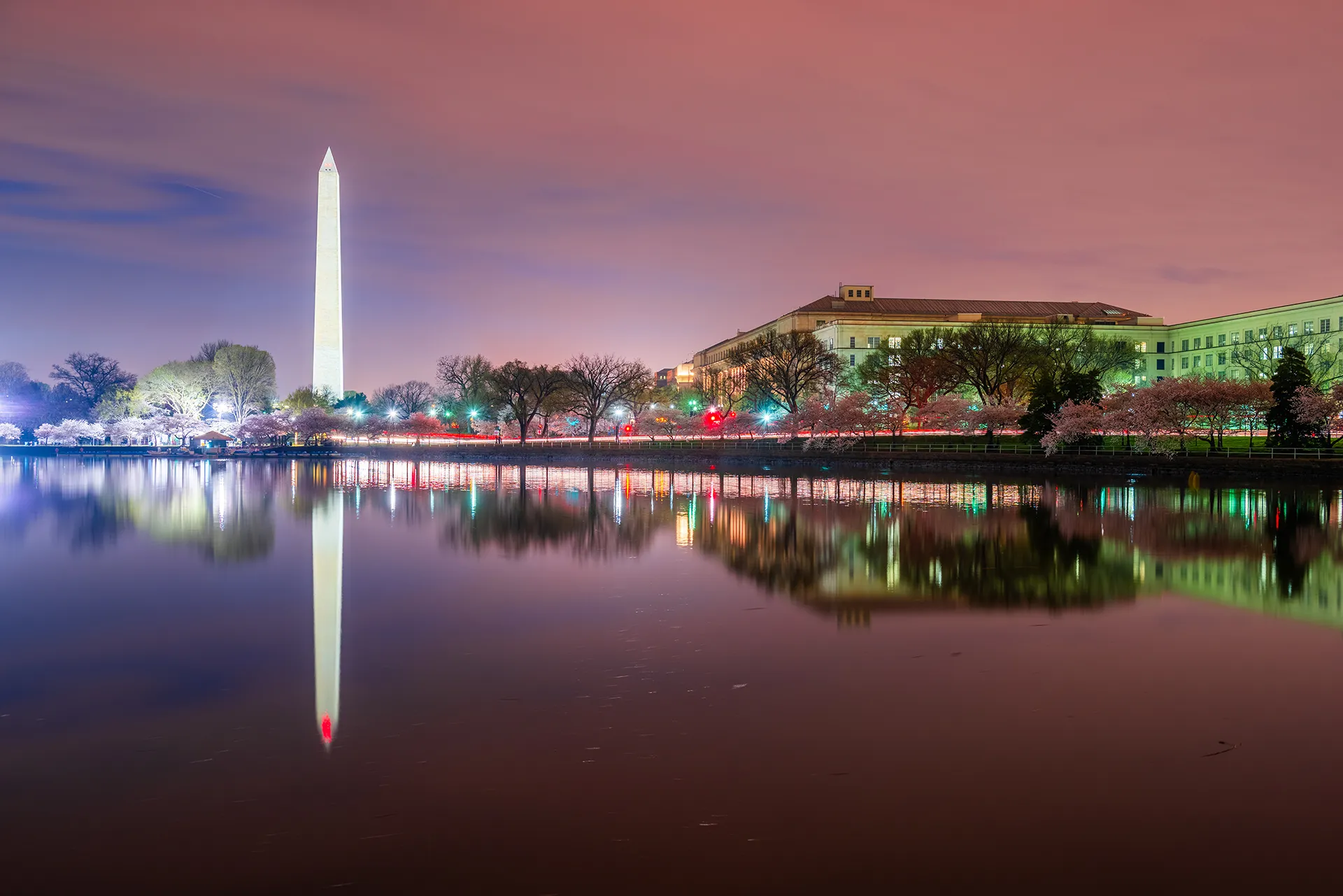November 27, 2020
Today, we join the rest of America in recognizing and celebrating Native American Heritage Day, which is the highlight and a culmination of Native American Heritage Month throughout November. Through this recognition, we have established an educational awareness of the Native American story, a proud account of our diverse culture and significant contributions as the first Americans who called this continent home long before European settlers.
Native American Heritage Day brings honor and energy to native art, performing arts, cultures, and traditions and serves as a catalyst to steer away from age old stereotyping, racism, misunderstanding and creates a new truth and appreciation to the First Americans with a powerful legacy as noble people.
Yesterday, during what most of America includes in their thanksgiving holiday celebration, football – The National Football League (NFL) featured a segment about racial discrimination, with Oglala Lakota citizen Jim Warne. The former NFL player, actor, writer, director, and motivational speaker, Warne, spoke about racial injustices to our Native people. In July, the Washington Football Team made a long-overdue decision to retire its racist moniker. The push to change their name was a generational issue. However, these are transformative times. The era of using Native Americans as mascots, perpetuating harmful negative stereotypes must completely come to an end. Through education about the truth of the Native American plight and our way of life, we can succeed.
Native American Heritage Month was first established in 1990. Since then, throughout many walks of life, schools, counties, and States have made it a standard to recognize the real history and heritage of our Native people and the contributions to America. Twelve years ago, former President George W. Bush signed into law legislation introduced by former Congressman Jo Baca (D-Calif.) to designate the Friday after Thanksgiving as Native American Heritage Day as a National holiday. It is an honor of the achievements and contributions of Native Americans to the United States. This makes for a great day because our people continue to maintain and strengthen our governments, cultures, traditions, and ways of life.
As chairman of the National Indian Gaming Association, and a proud citizen of the Oneida Nation of Wisconsin, I greatly appreciate the efforts made to better educate the general public on the heritage of tribes and their communities.
I am profoundly grateful for the generations of dedicated tribal leaders who fought to maintain, strengthen, and, in some cases, rebuild the way of life that was almost stripped through the so-called assimilation process. These brave men and women warriors, representing all of our sovereign governments, along with the perseverance of Indian people throughout their communities, are responsible for keeping our heritage alive and passing it down to each successive generation despite the tremendous challenges and obstacles put before them.
On Native American Heritage Day today, reflect on Native Americans and what they mean to America. We have always been civilized and educated. We operate our tribal governments and exercise our sovereignty. We believe in the concept of community and caring for tribal members. We are Americans who enjoy all the same liberties as other citizens; we continue to extend goodwill to neighbors with cooperation and honor. Still, we are also warriors who know the importance and concept of survival.
In my traveling as Chairman of the National Indian Gaming Association, I have seen firsthand that one thing remains the same. Despite the pandemic we all face today, goodwill remains prominent. I had the honor of spending time recently with the Nottawaseppi Huron Band of the Potawatomi community in Michigan. I witnessed firsthand their fantastic spirit of giving. NHBP hosted their food give away event, giving to those in need. There were lines of cars receiving food, no matter their nationality. The NHBP is a phenomenal community, like so many others throughout Indian country who have continually taken a high road partnership approach to help communities around them understand and appreciate the nobility of Native America. With creed helping and educating America that we choose to rise above a dark cloud in history, while encouraging people of all walks of life to bond together and help one another.
We observe that upon the arrival of the European visitors, Native Americans were already harvesting the crops that today comprise two-thirds of the crops under cultivation worldwide.
Our people greeted the Europeans with good faith, extending aid, and peaceable accord and goodwill.
Native Americans have made many contributions to our Nation and the World. Our history shows that Native Americans are inventors of analgesic and topical pain relievers medicines, rubber, syringes, baby bottles, mouthwash, hammocks, and snow goggles, just to name a few.
The concept of zero in mathematics came from South American Indians. The democratic society in America today was fashioned from the government of the Five Civilized Tribes and the Iroquois Confederacy, just two strong examples of democratic governments among the hundreds of Native nations in America.
Simply put, the ground on which we stand today in America is built on the handwork of our ancestors of the land. Most Americans do not realize that the United States was created in the Native American spirit of independence, strength, adaptability, and resilience. The contributions of Natives to the American way of life are numerous, but Native people never sought recognition, only acceptance as this nation’s first sovereigns.
Our family values remain a vital asset to Native American people and are at the core of our determination to survive. We continue to practice our traditions, participate in our ancestors’ ceremonies, and speak our languages. We go to community churches, serve in state governments and respect our non-Indian neighbors — all indicia of good citizens.
In this respect, it is clear that we are bi-cultural and maintain dual citizenships, which we regard as consistent with our treaties and the U.S. Constitution. And history has shown that Native America has always shown up at the polls, making a huge difference in the outcome of national races and representation in Washington, D.C., including one of the most exciting visible participations in Indian Country with this most recent election. Native Americans wear their tribal citizenship like a badge, a symbol of courage and strength.
Native Americans have always answered the call of duty in the time-honored tradition of protecting this great country. In all of the combat zones across the globe, throughout history, and in every conflict long before they were citizens of the United States, our Native Americans Warrior were fighting at the frontlines, in record numbers fighting for the sacred ideal of protecting family, home and nation. Even today, these strong warriors of yesteryear continue to be proud veterans and are strong examples of their service at home through community service, education, and dedication.
Native American Heritage Day is powerful because it is an enduring symbol of this country’s appreciation and respect for America’s first inhabitants.
I encourage all to embrace this opportunity to promote the real story of the history of Native America and move this great nation away from the stereotypes and misinformation that have long misrepresented the information of a very proud, honorable, and patriotic people.
While there have been great strides in educating America about us as the first Americans, one day soon, through such recognitions as the Native American Heritage day holiday, generations to come will know our people’s factual narration. We can walk together, grow together, understand and respect each other regardless of our history – we are as god’s creation, interacting as one.
BIA Publishes Final Rule for Section 293 Class III Tribal-State Gaming Compacts

Remembering and Honoring the Legacy of Dr. Martin Luther King, Jr.

Statement From The Chairman Of The Indian Gaming Association: “Compromise or Collision Course: Americans Need Government to Function”
